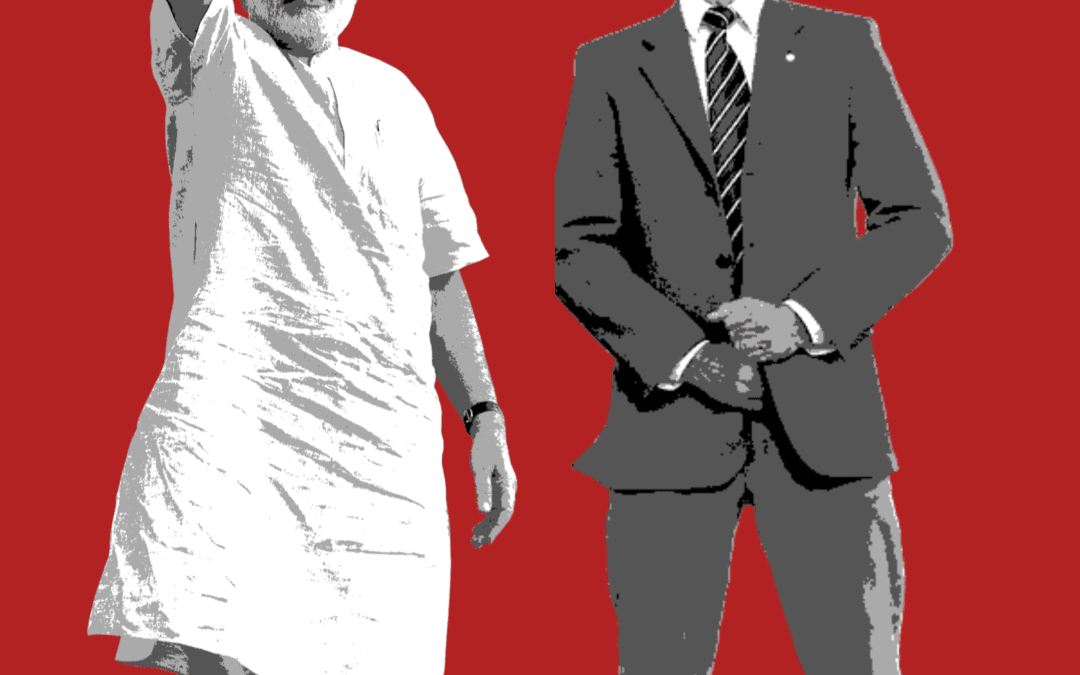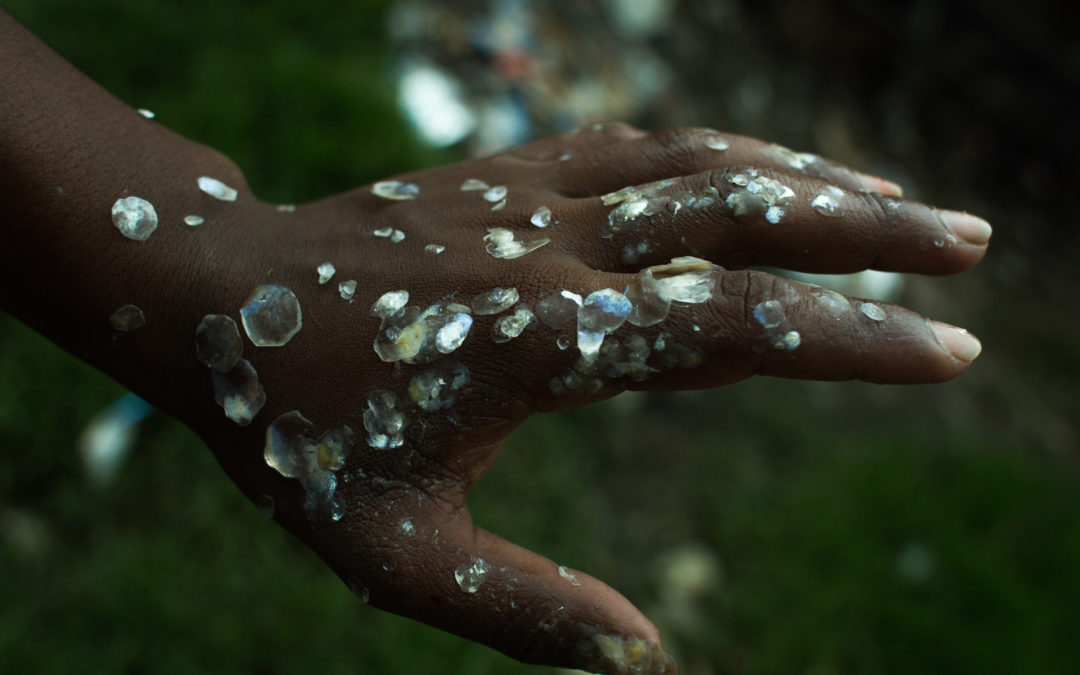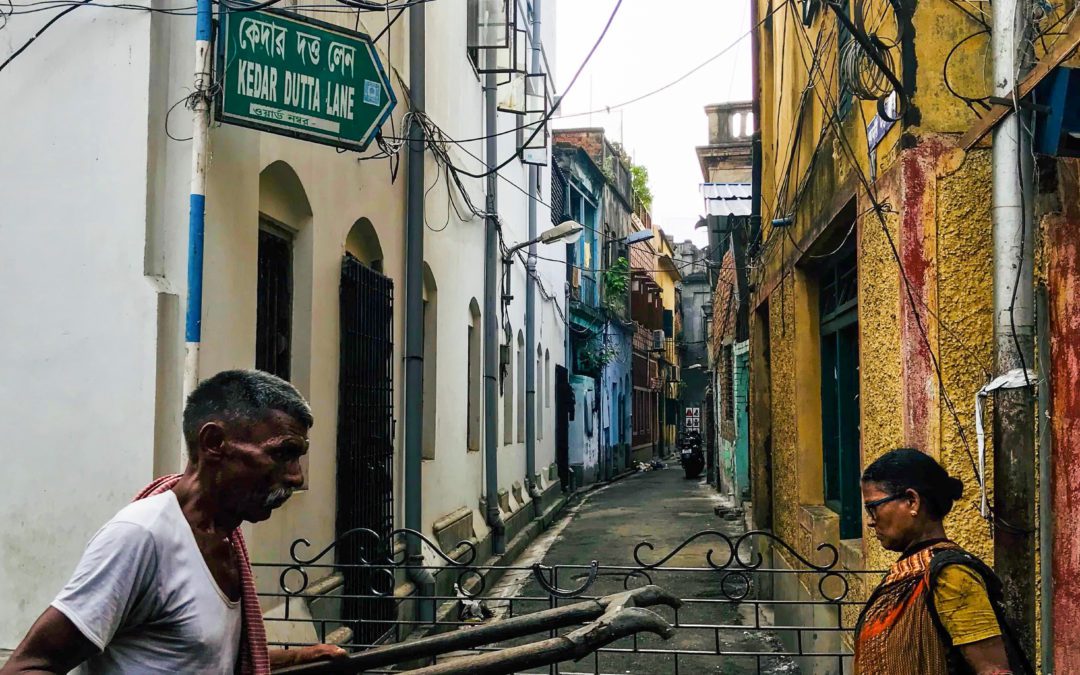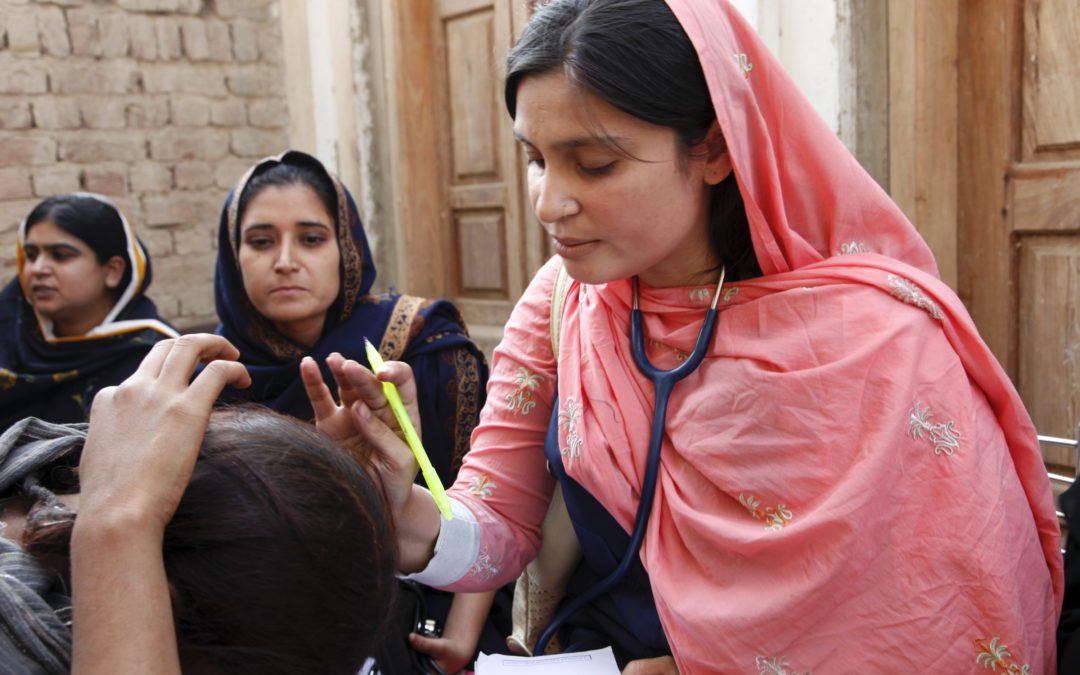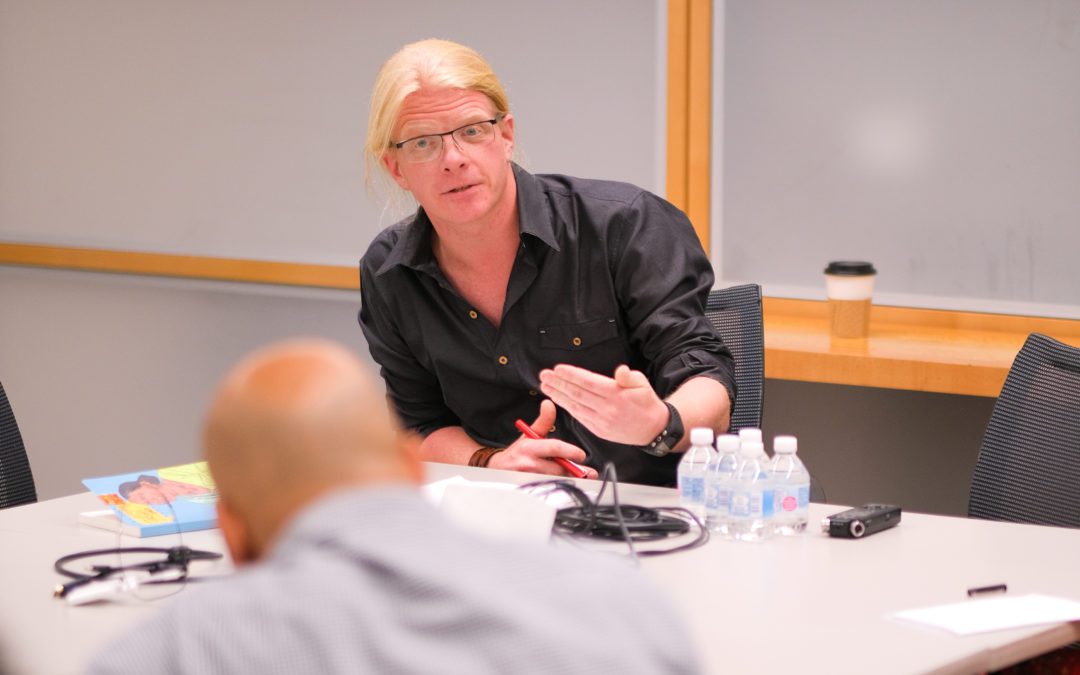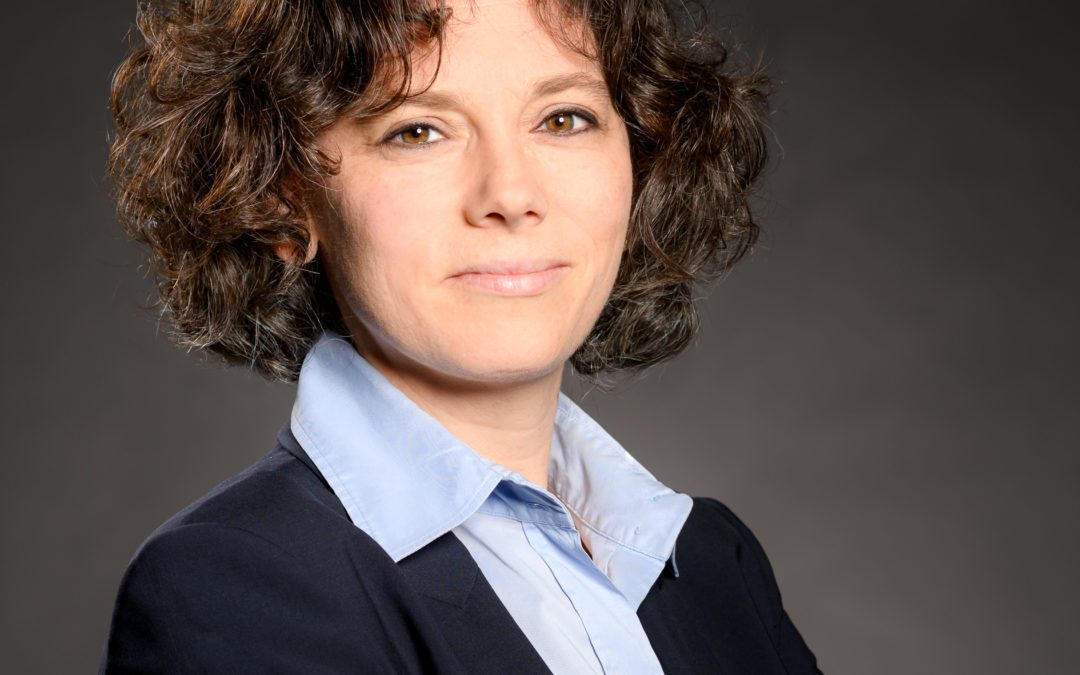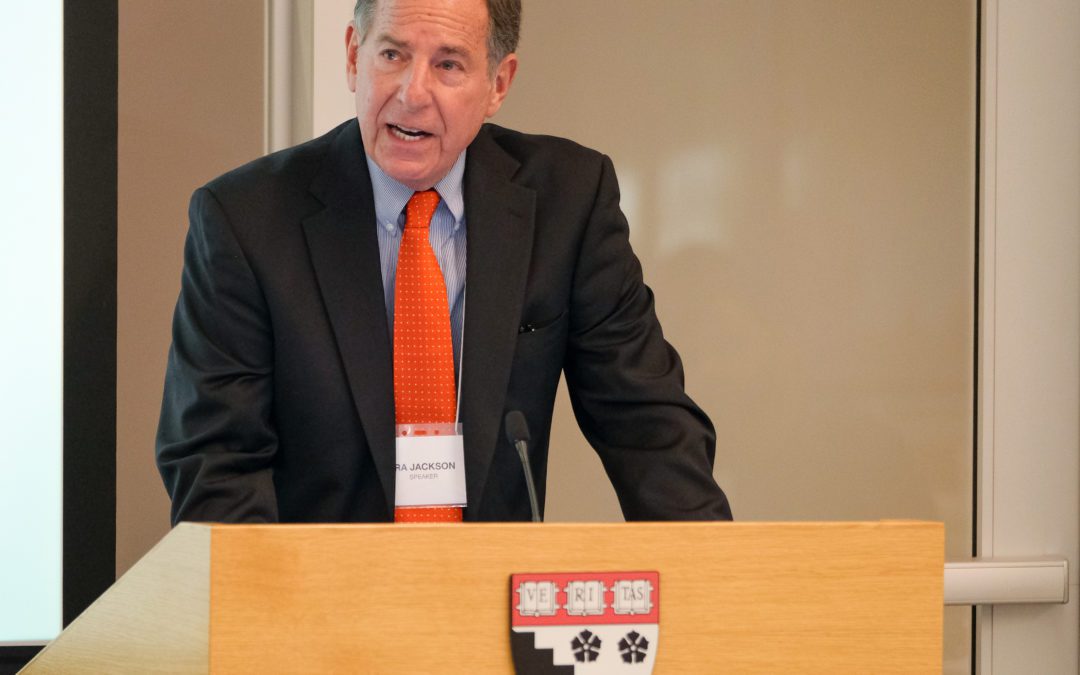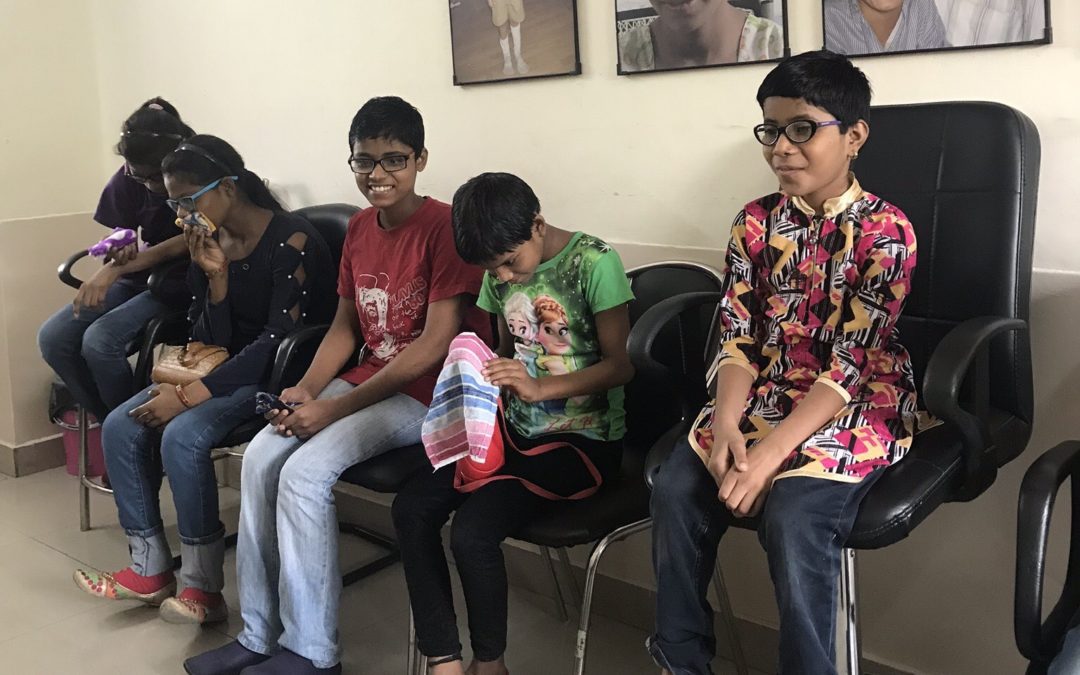Museums & The City Workshop: Creating a Dynamic Space
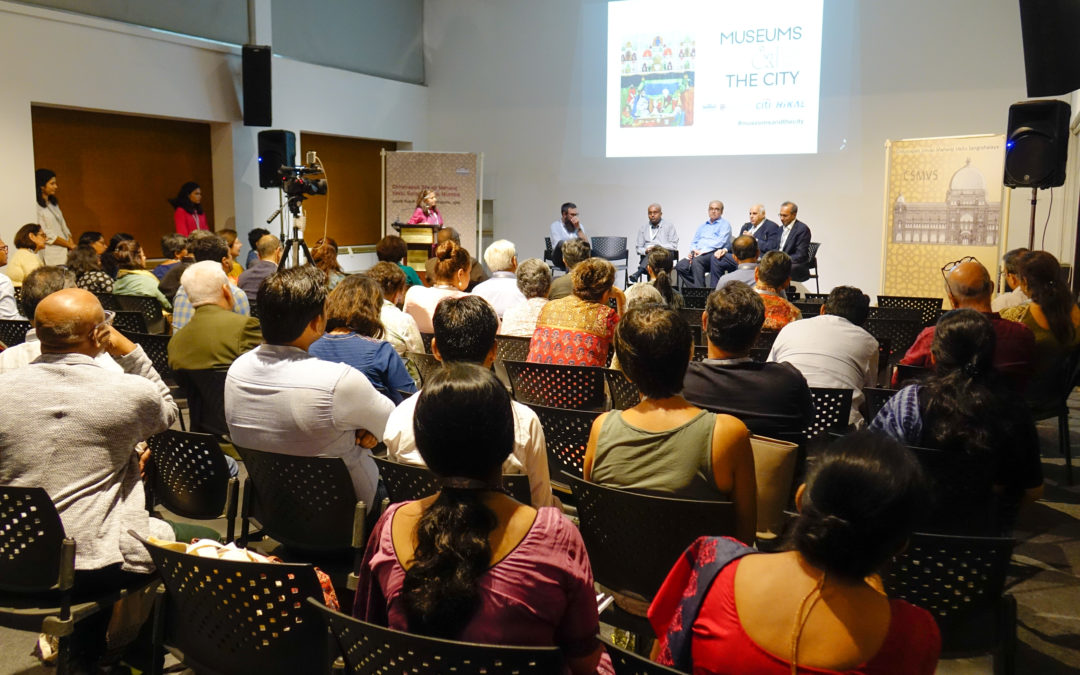
This September, the Lakshmi Mittal and Family South Asia Institute at Harvard University partnered with the Chhatrapati Shivaji Maharaj Vastu Sangrahalaya Museum in Mumbai to hold a workshop exploring how museums could potentially create an expanded culture of civic life that represents and nurtures the diverse and plural sensibilities of those with whom they share space.

